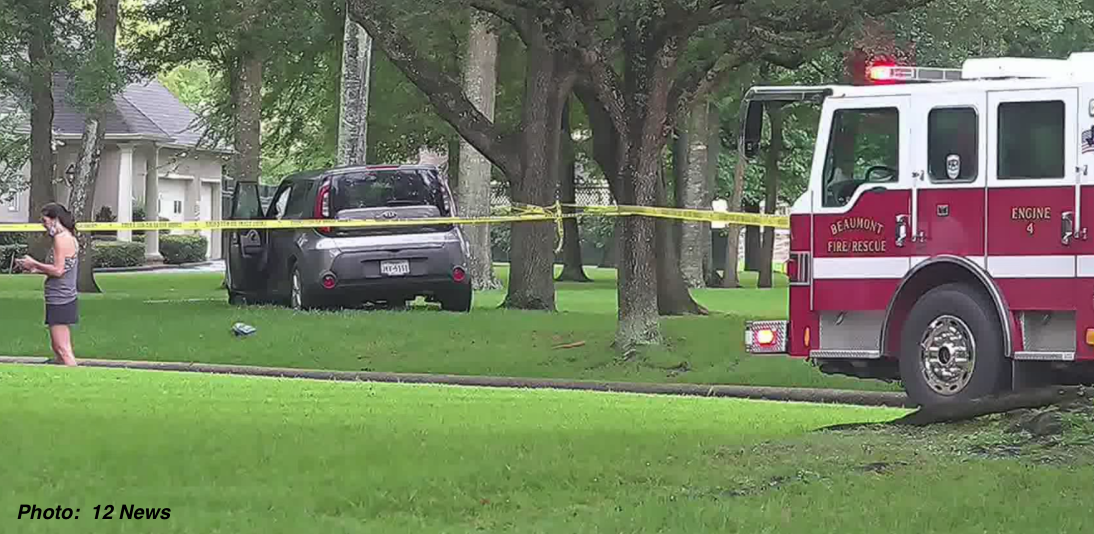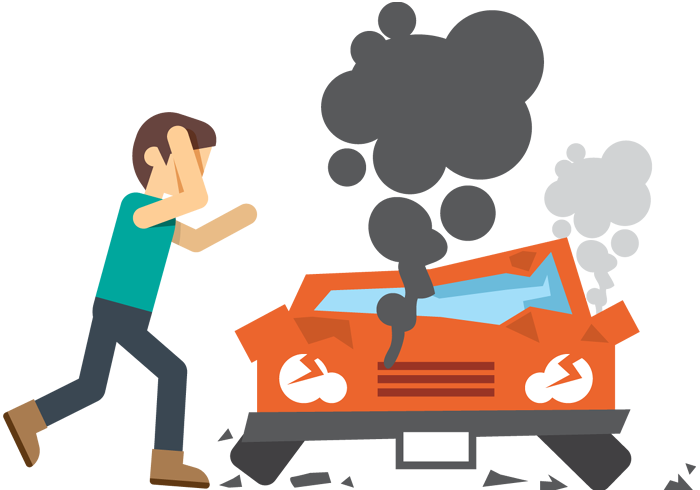 Shooting ranges are popular in Texas, but anytime someone handles a gun there is a risk for injury. Despite the safety procedures in place in most Texas ranges, accidents do occur, and individuals are sometimes shot, leading to injuries or even death. Like most accidents, Texas law allows victims to file a civil negligence suit to recover for their injuries against a negligent party who caused the accident. However, the requirements for filing a lawsuit against a shooting range are a bit more complicated, meaning some plaintiffs who misunderstand the statutory requirements for filing may have their suit dismissed regardless of its merits.
Shooting ranges are popular in Texas, but anytime someone handles a gun there is a risk for injury. Despite the safety procedures in place in most Texas ranges, accidents do occur, and individuals are sometimes shot, leading to injuries or even death. Like most accidents, Texas law allows victims to file a civil negligence suit to recover for their injuries against a negligent party who caused the accident. However, the requirements for filing a lawsuit against a shooting range are a bit more complicated, meaning some plaintiffs who misunderstand the statutory requirements for filing may have their suit dismissed regardless of its merits.
The Supreme Court of Texas recently considered a case that highlights these requirements. According to the written opinion, the plaintiff brought his loaded .22 caliber rifle to the defendant shooting range in December of 2016. He handed the gun to a range employee for a pre-entrance safety inspection, and during the inspection, the gun discharged and shot the plaintiff in the leg. As a result, the plaintiff suffered severe injuries that required extensive medical treatment.
In February of 2017, the plaintiff sued the shooting range and the employee who performed the inspection. The parties submitted an agreed-upon scheduling order, which was approved in April. The order provided a date by which all experts must be designated. In June of 2017, more than 90 days after the suit was filed, the defendants filed a motion to dismiss, based on section 128.053 of the Texas Civil Practice and Remedies Code. This section requires that a plaintiff suing a shooting range must serve an expert report on the defendants within 90 days of the original filing, unless that deadline is extended by written agreement. If a plaintiff fails to do so, their suit can be dismissed with prejudice. The defendants argued that the plaintiffs had not served them with an expert witness within 90 days, and thus the suit must be dismissed. The plaintiffs, on the other hand, argued that the scheduling order extended the deadline, even though it did not mention section 128.053.
 July 29, 2020: BEAUMONT, Texas — A 21-year-old Beaumont woman has been charged after police say the car she was driving struck two adults and a child in a west end Beaumont neighborhood Wednesday evening.
July 29, 2020: BEAUMONT, Texas — A 21-year-old Beaumont woman has been charged after police say the car she was driving struck two adults and a child in a west end Beaumont neighborhood Wednesday evening. Texas Injury Lawyers Blog
Texas Injury Lawyers Blog








 KNOW THE SIGNS OF DROWNING
KNOW THE SIGNS OF DROWNING Monday, June 15, 2020: SAN ANTONIO, Texas – The American Academy of Pediatrics has warned that drownings could be on the rise this summer. Unfortunately, a 4-year-old girl,
Monday, June 15, 2020: SAN ANTONIO, Texas – The American Academy of Pediatrics has warned that drownings could be on the rise this summer. Unfortunately, a 4-year-old girl, 
 Under Texas premises liability law, restaurants and bars have a duty to protect their customers. However, the extent of this duty is often called into question in cases where someone is injured while visiting an eating or drinking establishment. In a recent
Under Texas premises liability law, restaurants and bars have a duty to protect their customers. However, the extent of this duty is often called into question in cases where someone is injured while visiting an eating or drinking establishment. In a recent  As the coronavirus (COVID-19) situation develops, all of our lives will undoubtedly be affected. Our families, communities, and businesses are navigating a truly unprecedented global event.
As the coronavirus (COVID-19) situation develops, all of our lives will undoubtedly be affected. Our families, communities, and businesses are navigating a truly unprecedented global event.
 Carabin Shaw Law Firm encourages everyone to practice social distancing which includes limited contact and gatherings. Please thank and generously tip the service people who provide you with to-go food, run necessary errands and who help the community during the coronavirus outbreak. You are lifelines to many, thank you!
Carabin Shaw Law Firm encourages everyone to practice social distancing which includes limited contact and gatherings. Please thank and generously tip the service people who provide you with to-go food, run necessary errands and who help the community during the coronavirus outbreak. You are lifelines to many, thank you! Shooting ranges are popular in Texas, but anytime someone handles a gun there is a risk for injury. Despite the safety procedures in place in most Texas ranges, accidents do occur, and individuals are sometimes shot, leading to injuries or even death. Like most accidents, Texas law allows victims to file a civil negligence suit to recover for their injuries against a negligent party who caused the accident. However, the requirements for filing a lawsuit against a shooting range are a bit more complicated, meaning some plaintiffs who misunderstand the statutory requirements for filing may have their suit dismissed regardless of its merits.
Shooting ranges are popular in Texas, but anytime someone handles a gun there is a risk for injury. Despite the safety procedures in place in most Texas ranges, accidents do occur, and individuals are sometimes shot, leading to injuries or even death. Like most accidents, Texas law allows victims to file a civil negligence suit to recover for their injuries against a negligent party who caused the accident. However, the requirements for filing a lawsuit against a shooting range are a bit more complicated, meaning some plaintiffs who misunderstand the statutory requirements for filing may have their suit dismissed regardless of its merits. An accident is always inconvenient, and costly, as well as dangerous. If you’re in an accident, it’s important to first call 911 immediately for anyone who is injured. Your next step? Call
An accident is always inconvenient, and costly, as well as dangerous. If you’re in an accident, it’s important to first call 911 immediately for anyone who is injured. Your next step? Call